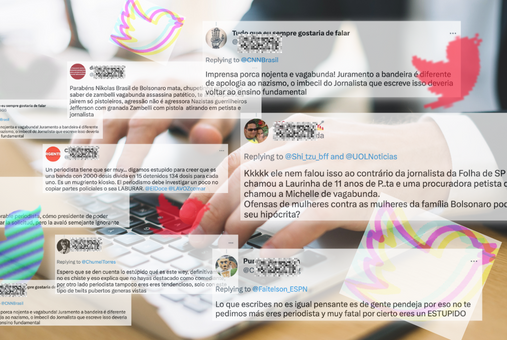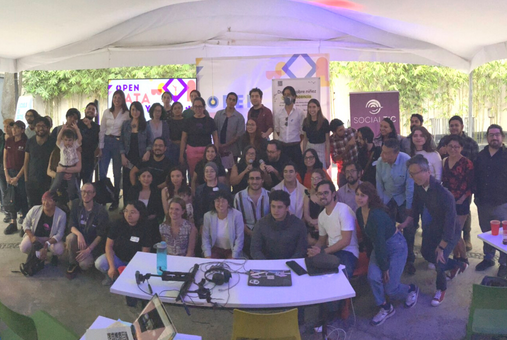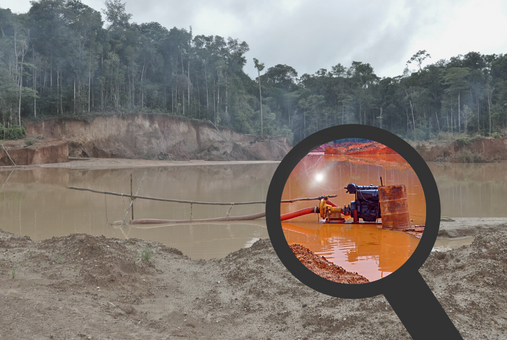
"Today the quality of information is a collective endeavor among sources, readers, informants, and journalists," said media researcher Adriana Amado. LatAm Journalism Review interviewed her about her book "Journalism metaphors: Mutations and challenges," an investigation and reframing of concepts like "mutant journalism" and "gamer culture."

For the first time in Uruguay, a team of scientists and journalists analyzed different databases on the flood line and its impact on the population and relevant infrastructure along the coast of Montevideo. The result was "The submerged city," winner of the 2023 Sigma Awards that celebrate the best data journalism in the world.

"Attack Detector" is a natural language processing model developed by members of Abraji and Data Crítica in order to explore the origin of violent narratives on Twitter against journalists in Brazil and Mexico, countries where such attacks are on the rise.

LatAm Journalism Review (LJR) made a compilation of data-driven projects presented this year at the Open Data Day celebrated by the Mexican organization Social Tic. It also talked to some of the creators of these initiatives about the journalistic benefits of open data.

Through crowdsourcing, data journalism and community outreach, the fact-checking and data unit of the Cuban media elTOQUE developed "Migrating: A life and death decision," a multimedia special that seeks to collect data on the Cuban exodus to the United States and provide support to the families of those who died or disappeared along the way.

The media and journalists in Latin America have not missed the opportunity to join the wave of sending newsletters to create community, establish an intimate relationship with readers and make extra money. Newsletters have become the center of the digital strategy of several news outlets in the region.

Journalists in Latin America have found in true crime podcasts an ideal platform for bringing investigative reporting on real crime to new audiences. However, journalists still face major challenges in terms of distribution and monetization.

Faced with the racial and cultural biases that exist in artificial intelligence tools, journalists from Grupo Octubre (Argentina), El Surtidor (Paraguay) and GMA News (Philippines) created Image2Text, a computer vision platform that seeks to add context from the Global South to image recognition technology.

The latest report "Journalism, Media and Technology: Trends and Predictions for 2023," published by the Reuters Institute for the Study of Journalism, sheds light on what the news industry can expect in 2023. Concerns about the sustainability of some news outlets are on the rise, as are the challenges to innovate.

To honor all Latin American journalists who work every day and take risks to reveal information of public interest, LatAm Journalism Review (LJR) presents four investigations that stood out in 2022. We highlight original, impactful and innovative investigations that used everything from traditional methods to artificial intelligence to shed light on controversial activities that public and private leaders would prefer to keep in the dark.

Presidential elections, social causes, misinformation, news trends, soccer matches, or Shakira's latest song are some of the topics of debate chosen by news outlets to create Twitter Spaces. LJR talked to journalists from Latin American media to find out how they use this tool as part of their digital strategy.

Using satellite imagery and geo-referencing, following the trail of trafficking networks and taking care for the safety of journalist and sources are techniques that journalists Yvette Sierra of Mongabay, Joseph Poliszuk of Armando.Info and freelancer Hyury Potter have applied in their investigations of illegal mining in Latin America.